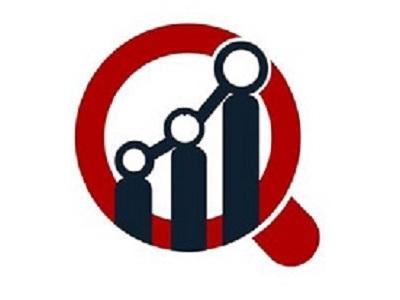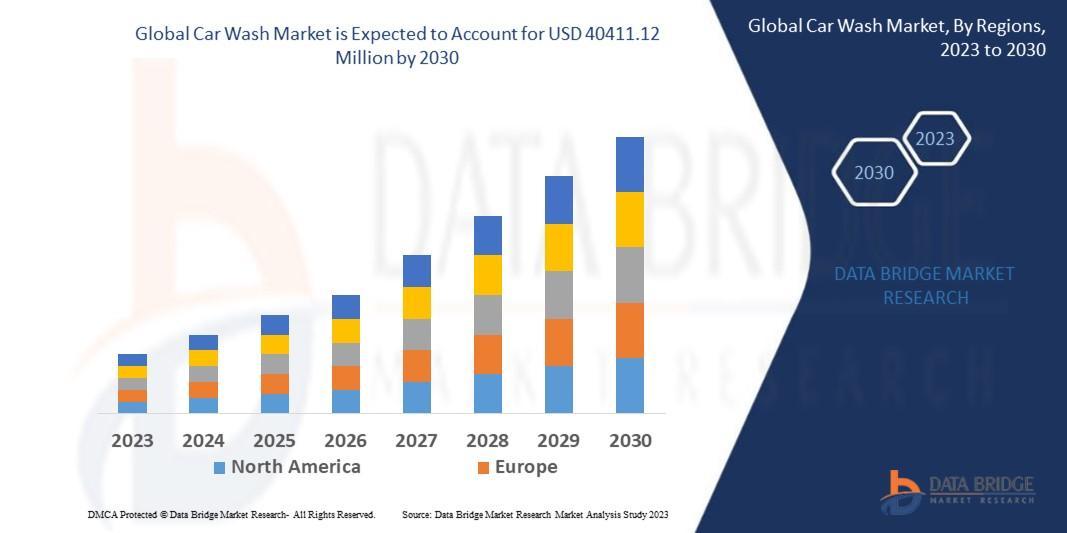The Partisan Divide: A Strategic Analysis of Political Campaign Software Market Share

Understanding the distribution of the Political Campaign Software Market Share reveals a unique and highly specialized competitive landscape that is often shaped by political ideology as much as by technological features. The market is not a typical open field; in many countries, particularly the United States, it is a bifurcated ecosystem with distinct sets of vendors serving different sides of the political aisle. This intense and often partisan competition is driven by the high stakes of electoral politics. The entire industry is poised for significant expansion, with forecasts indicating its value will grow to USD 7.95 billion by 2034, expanding at a CAGR of 13.18%, making every point of market share a fiercely contested strategic prize.
In the American political landscape, the market share for integrated campaign platforms is largely dominated by a few key partisan players. On the Democratic and progressive side, NGP VAN (now part of Bonterra) is the undisputed leader, holding a near-monopolistic share of the market. Its platform is deeply integrated with the Democratic Party's national voter file and is the standard toolkit for virtually every Democratic campaign, from local to federal. On the Republican and conservative side, the market is more fragmented, but key players like i360 and the Republican National Committee's own data platforms hold a significant share. These partisan vendors compete not just on features but on their ability to provide access to proprietary party data and to align with the specific strategic needs of their political ecosystem.
Beyond the major partisan platforms, a significant and growing share of the market is held by non-partisan software providers. Companies like NationBuilder, Campaign Monitor, and a host of other marketing automation and CRM platforms offer their tools to campaigns and advocacy groups across the political spectrum, both in the US and internationally. These platforms often compete by offering a more user-friendly interface, more flexible pricing, or by focusing on a specific function, like building supporter websites or managing social media. Furthermore, in the crucial fundraising segment, platforms like Anedot (popular with Republicans), ActBlue (the dominant force for Democrats), and non-partisan tools like Stripe and PayPal all compete for a share of the massive online donation market, creating a complex and multi-layered competitive environment.
The future distribution of market share will be influenced by several key factors. The demand for more integrated, all-in-one solutions that combine CRM, communications, and fundraising is a powerful trend that favors the larger platform providers. However, the need for more sophisticated data analytics and AI-powered targeting may create opportunities for new, specialized startups to capture share. The growing importance of international markets, which are typically less partisan, also provides a major growth opportunity for the non-partisan vendors. The battle for market share will ultimately depend on a vendor's ability to provide not just powerful tools, but also the reliable data, strong security, and responsive support that modern, high-stakes political campaigns demand.
Explore Our Latest Trending Reports:







